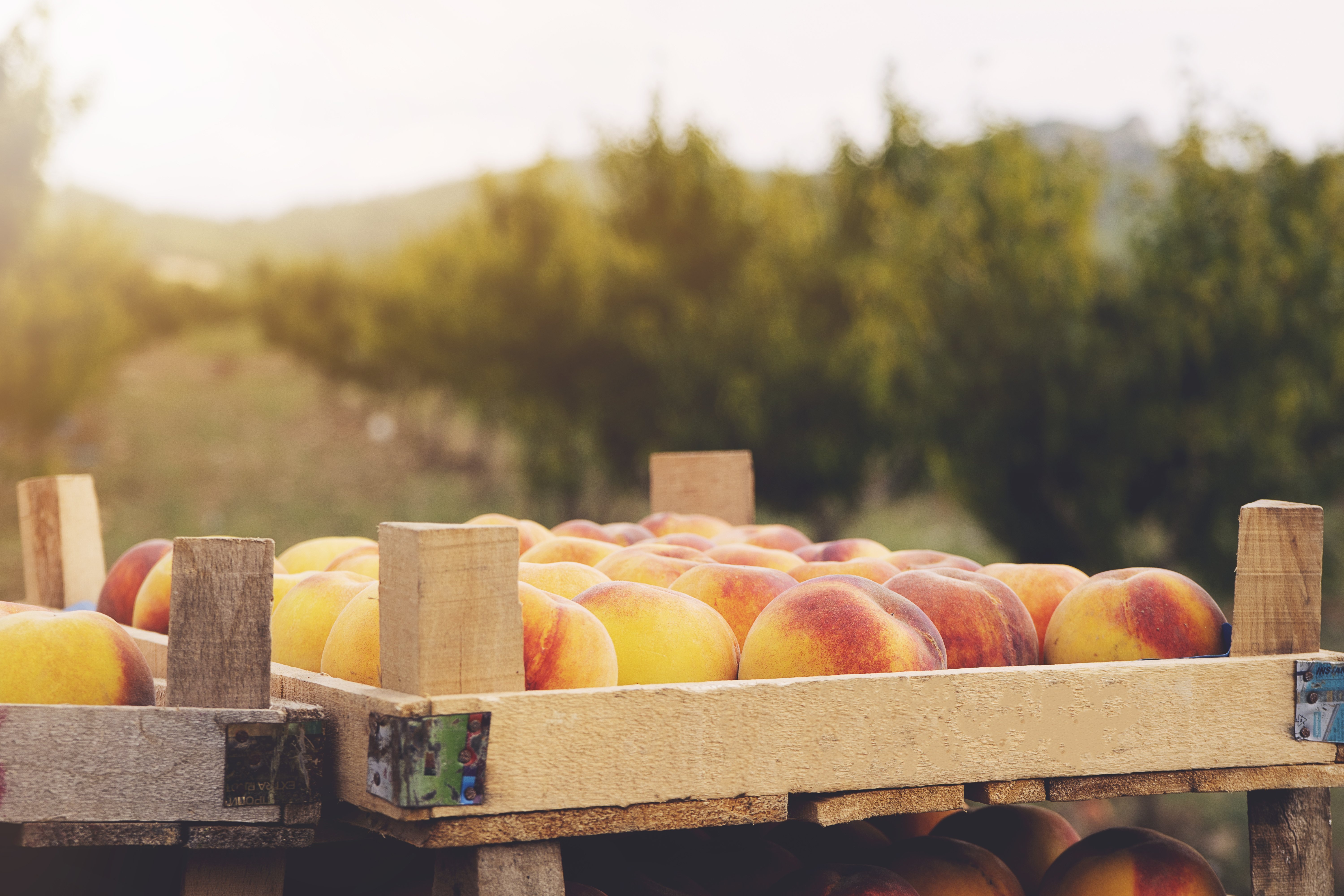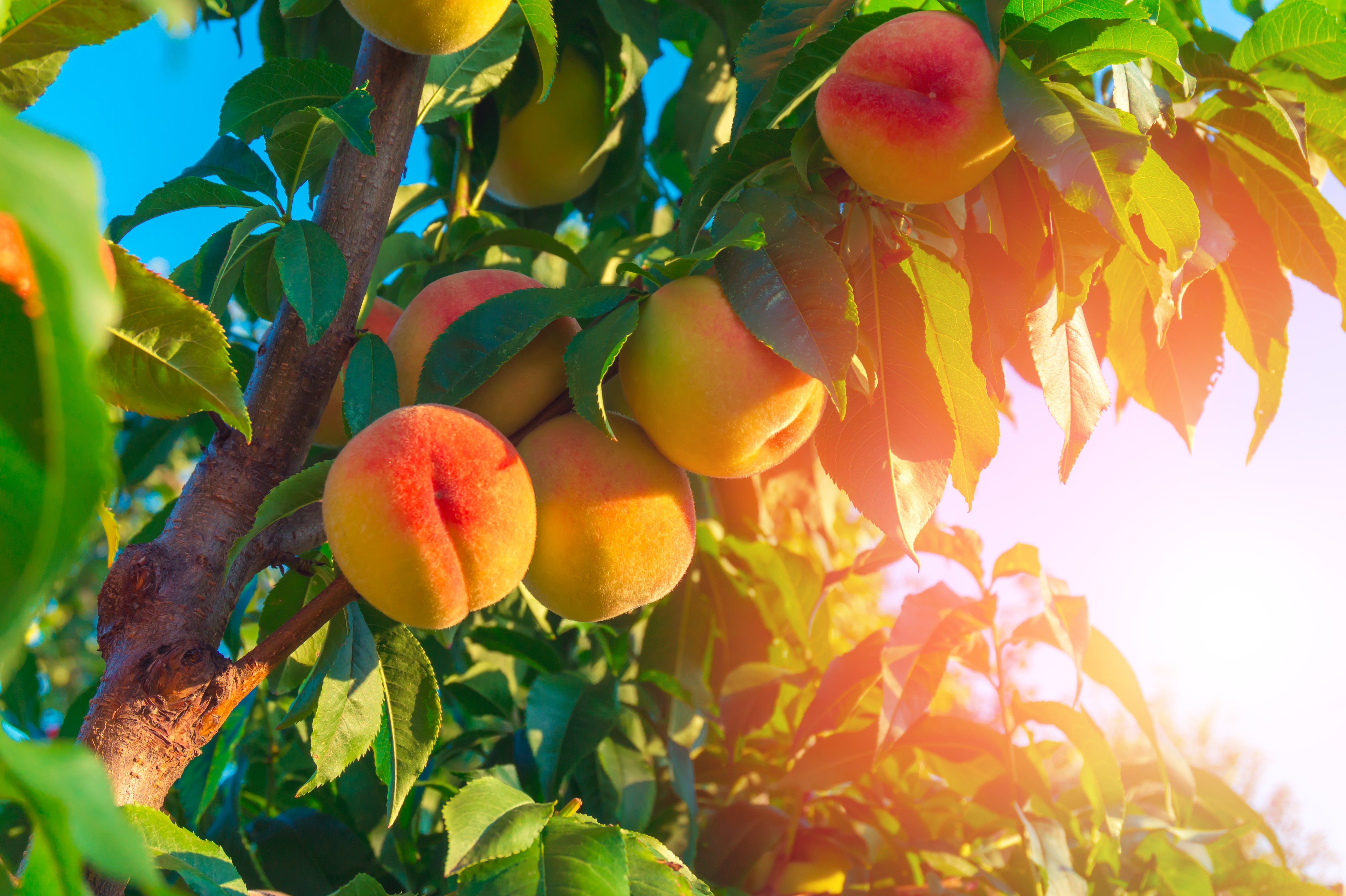Brian Richardson of Richardson Farms has been growing peaches in Kern County for over 20 years. Progressive irrigation and soil management practices have helped him build a strong foundation for high quality and high yields.

“Having Ceres Imaging fly the fields is a great insurance policy to make sure the product meets our buyer’s standards.”Brian Richardson
Brian Richardson of Richardson Farms has been growing peaches in Kern County for over 20 years. Progressive irrigation and soil management practices have helped him build a strong foundation for high quality and high yields.

Peaches
Kern County, California
Irrigation management
Up to $8,000 in savings per issue detected
Profits on the peach crop are closely tied to fruit quality and consistency. If quality standards aren’t met, the load can be rejected by the buyer—and when this occurs, it’s nearly impossible to recoup the losses. The high input costs to produce stone fruit makes it essential to find savings wherever you can.
To ensure his crop meets quality standards, it’s critical for Brian to quickly detect and address irrigation issues in the orchard. If peaches get too much water, the fruit becomes spongy. Too little water, and they won’t grow to the desired size.
Brian chose to work with Ceres Imaging to ensure that he can find and correct irrigation problems before they impact the quality of his crop—even when those problems aren’t visible to the naked eye.
In the spring, water stress data revealed multiple clogged drip hoses on the west side of the orchard, which Brian corrected by flushing the lines. In the summer, Ceres Imaging flagged a linear pattern of water stress: when Brian investigated, he discovered pressure valve issues affecting roughly 40 acres.
“Having Ceres Imaging fly the fields is a great insurance policy to make sure the product meets our buyer’s standards,” Brian says.
Aerial data helps Richardson Farms prevent irrigation issues that could hurt fruit quality—and profits. Brian estimates that a typical issue revealed in water stress data from Ceres Imaging prevents $8,000 in losses.

The lack of uniformity visible in this water stress imagery was caused by a problem with drip line pressure valves not visible to the naked eye. Addressing the issues saved Richardson Farms $8,000.
